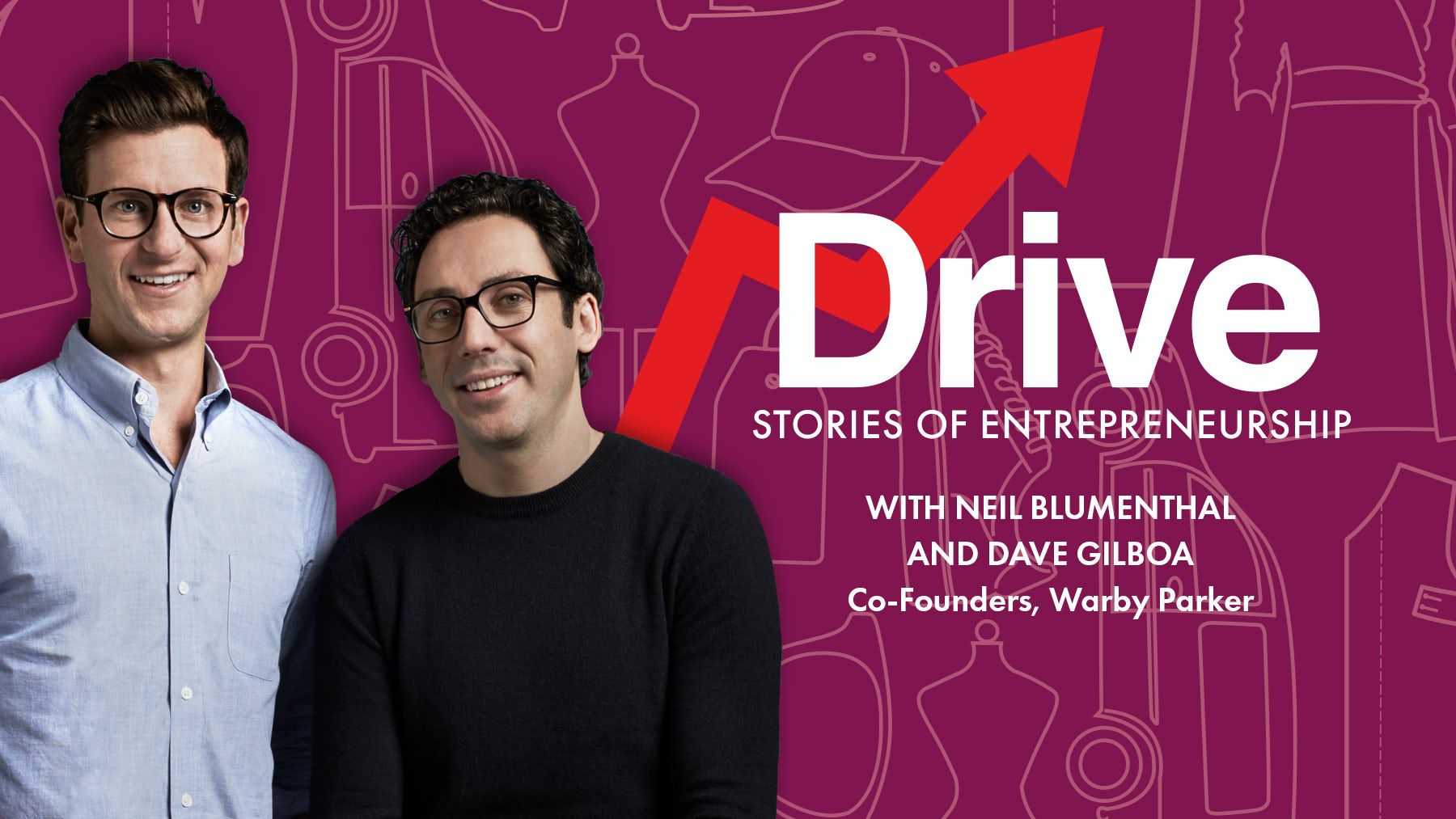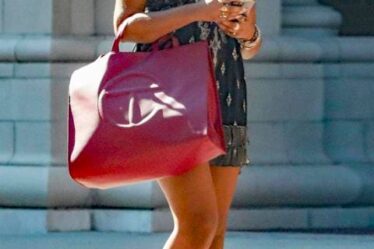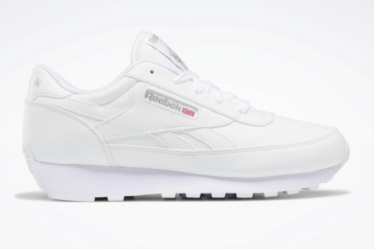
LONDON, United Kingdom — Welcome to episode five of Drive, BoF’s new podcast series featuring fashion’s most dynamic entrepreneurs discussing the special kind of resilience it takes to build a global fashion business, delivered by DHL.
In this episode, BoF’s chief correspondent in New York, Lauren Sherman, speaks to Neil Blumenthal and Dave Gilboa, the co-founders of the disruptive eyewear company Warby Parker, which closed a $75 million Series E funding round in March 2018, valuing the company at $1.75 billion. Market sources report the business now generates north of $250 million in sales annually.
Since 2010, Warby Parker has disrupted the global eyewear market by offering a design-led alternative to old-fashioned and high-priced prescription glasses and sunglasses. Today, the company employs more than 1,400 people and operates over 75 retail locations across the United States. Its direct-to-consumer model and innovative store concept has since become an inspirational blueprint for incumbent players and disruptors alike, all around the world.
“That we were outsiders to the industry was actually super helpful and beneficial. Most people that we talked to, who had years or decades of experience, their first reaction was to tell us why this idea would never work. Really, we were forging our own way and trying to think about what’s going to make the most sense for our customers and the stakeholders we cared about,” explains Gilboa.
Not only does the company use SMS, live chat and email to interact with customers pre- and post-purchase, but it also has a network of ophthalmologists and doctors that can review the medical records of their customers and issue prescriptions. “I don’t think we anticipated we would be a pioneer in telemedicine,” says Neil Blumenthal, who has previously asserted that Warby Parker plays as big a role in the healthcare industry, via prescriptions and medical services, as it does in fashion, design and technology.
“From a business perspective — the bigger we get, the bigger the ultimate opportunity that we see in front of us becomes,” explains Gilboa.
Indeed, it is that ability to think and act opportunistically — as well as a special kind of passion, resilience and discipline — that helps to create a sustainable global enterprise. Something we call Drive.
We hope you enjoy Episode 5!
To subscribe to Drive please follow this link.
To contact The Business of Fashion with comments, questions, or speaker ideas please e-mail podcast@businessoffashion.com.



